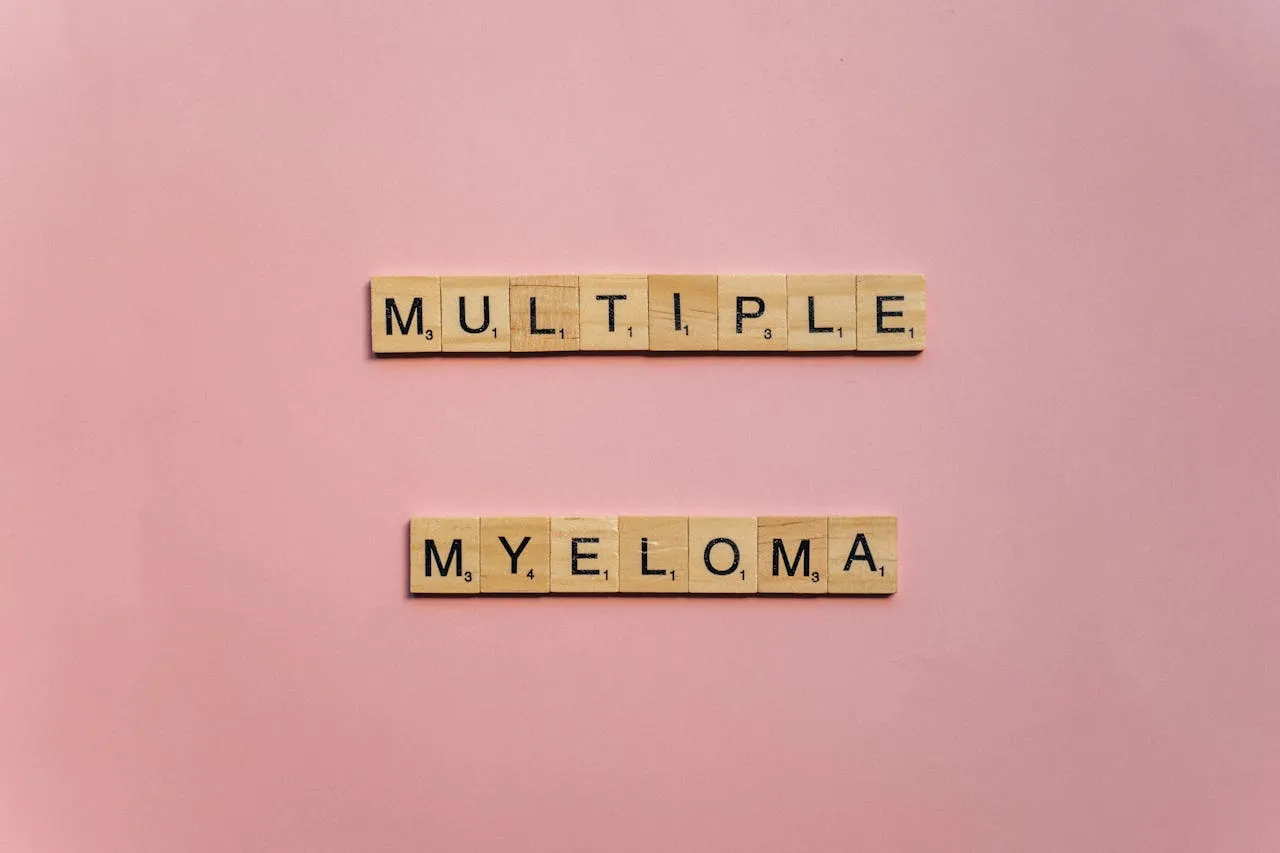
UK MHRA Approves Blenrep Combos for Relapsed/Refractory Multiple Myeloma
GSK plc has achieved a critical regulatory milestone with the Medicines and Healthcare products Regulatory Agency (MHRA) granting authorisation for expanded use of Blenrep (belantamab mafodotin-blmf) in the United Kingdom. This marks the first global regulatory approval for Blenrep in combination therapy settings for relapsed or refractory multiple myeloma (RRMM), underscoring the treatment’s growing clinical significance.
The UK authorisation enables the use of Blenrep in two specific combination regimens for adult patients with multiple myeloma: (1) alongside bortezomib and dexamethasone (BVd) in patients who have received at least one prior therapy, and (2) in combination with pomalidomide and dexamethasone (BPd) for patients previously treated with at least one line of therapy, including lenalidomide. These new treatment options present meaningful opportunities for patients and healthcare providers managing the complex trajectory of multiple myeloma—a disease defined by cycles of remission and relapse.
Blenrep: A New Chapter in the Multiple Myeloma Treatment Paradigm
Multiple myeloma is a hematologic malignancy that affects plasma cells in the bone marrow. Despite therapeutic advancements over the past two decades, the disease remains incurable, and the vast majority of patients will eventually experience relapse. In the United Kingdom, only about 55% of individuals diagnosed with multiple myeloma are still alive five years after diagnosis. This highlights the critical need for new therapies that can improve long-term outcomes and offer novel mechanisms of action beyond the current standards of care.
Blenrep, an antibody-drug conjugate (ADC) targeting B-cell maturation antigen (BCMA), represents a distinctive therapeutic strategy in the treatment of multiple myeloma. BCMA is a cell surface protein almost exclusively expressed on malignant plasma cells, making it an ideal target for therapeutic intervention. As the first and only approved anti-BCMA ADC in this treatment setting, Blenrep combines the specificity of monoclonal antibodies with the cytotoxic potential of small-molecule chemotherapy. This allows for targeted delivery of a potent anti-tumor agent directly to cancer cells while sparing most healthy tissues.
“Today’s approval of Blenrep combinations in the UK is a transformative milestone for patients with multiple myeloma, a cancer marked by remission and relapse,” said Hesham Abdullah, Senior Vice President, Global Head of Oncology R&D at GSK. “As the only BCMA-targeted ADC therapy, Blenrep has the potential, supported by robust phase III data, to extend survival and remission versus standard of care and redefine treatment at or after first relapse.”
The Data Driving the Decision: DREAMM-7 and DREAMM-8
The MHRA’s authorisation is anchored in compelling clinical evidence from two pivotal phase III trials—DREAMM-7 and DREAMM-8—both of which investigated Blenrep-based combinations in patients with RRMM. These trials demonstrated clear, statistically significant, and clinically meaningful improvements in progression-free survival (PFS) and other key endpoints when compared with existing standards of care.
DREAMM-7: A Head-to-Head Against Daratumumab-Based Regimen

DREAMM-7 assessed the efficacy of Blenrep in combination with bortezomib and dexamethasone (BVd) versus a regimen of daratumumab, bortezomib, and dexamethasone (DVd)—a commonly used standard of care in the second-line treatment of RRMM.
The trial showed that the Blenrep combination nearly tripled the median PFS, achieving 36.6 months versus 13.4 months in the daratumumab comparator arm. This result translates to a hazard ratio (HR) of 0.41, with a 95% confidence interval (CI) of 0.31 to 0.53 and a highly statistically significant p-value of less than 0.00001.
Moreover, DREAMM-7 met its key secondary endpoint of overall survival (OS), showing a 42% reduction in the risk of death compared to the standard regimen. At a median follow-up of 39.4 months, the OS hazard ratio was 0.58 (95% CI: 0.43–0.79, p=0.00023). Notably, the three-year OS rate was 74% for the Blenrep combination versus 60% in the daratumumab arm—highlighting the long-term survival advantage that this new approach may offer.
DREAMM-8: Targeting Lenalidomide-Refractory Patients
The DREAMM-8 study focused on patients whose disease was refractory to lenalidomide—a population with particularly limited treatment options. This trial compared the efficacy of Blenrep in combination with pomalidomide and dexamethasone (BPd) against a standard-of-care combination of bortezomib, pomalidomide, and dexamethasone.
At the time of analysis, the median PFS for the Blenrep arm had not yet been reached, suggesting a durable benefit, while the comparator arm showed a median PFS of 12.7 months. The significant improvement in PFS, along with favorable trends across other efficacy metrics, further reinforces Blenrep’s value in relapsed settings.
Across both trials, the Blenrep regimens consistently demonstrated deeper and more durable responses compared to their respective standard-of-care comparators. These responses were observed in a broad population of patients, including those with high-risk cytogenetic abnormalities, advanced disease stages, and prior refractoriness to key agents such as lenalidomide.
A Favorable Safety Profile with Familiar Agents
Importantly, the safety and tolerability of the Blenrep-based combinations remained broadly consistent with the known safety profiles of the individual drugs involved. No new safety signals were observed, and side effects were generally manageable, allowing Blenrep combinations to be considered for a wide array of patients—including those treated in community oncology settings.
This safety profile, combined with the absence of complex pre-medication requirements and no need for hospitalization, makes Blenrep an appealing option that can be integrated into treatment protocols without logistical burden.
“As patients with multiple myeloma increasingly receive combination therapies at diagnosis, treatment options available in the community setting that use different mechanisms like Blenrep are crucial to extending remission and ultimately survival,” said Dr. Joseph Mikhael, Chief Medical Officer of the International Myeloma Foundation and Professor at the Translational Genomics Research Institute, City of Hope Cancer Center. “We are pleased to see this advancement in the treatment landscape extended across both academic and community settings where many patients are treated.”
A Shift in the Treatment Landscape
With this new authorisation, GSK takes a decisive step in expanding access to novel treatment regimens for patients facing relapsed or refractory disease. As the first country to approve Blenrep in these new combination settings, the UK may be setting the stage for additional global approvals in the near future, pending regulatory decisions from other health authorities.
GSK’s oncology pipeline continues to focus on transformative therapies that address unmet needs in hematologic malignancies. The positive results from DREAMM-7 and DREAMM-8 not only support the expanded use of Blenrep but also validate the broader development strategy of targeting BCMA through innovative modalities.
As more patients receive triplet combinations earlier in their treatment journey, the role of Blenrep as a differentiated therapeutic option will likely grow. Its efficacy in lenalidomide-refractory settings, impressive survival benefits, and manageable toxicity profile position it as a new cornerstone in the evolving multiple myeloma landscape.





